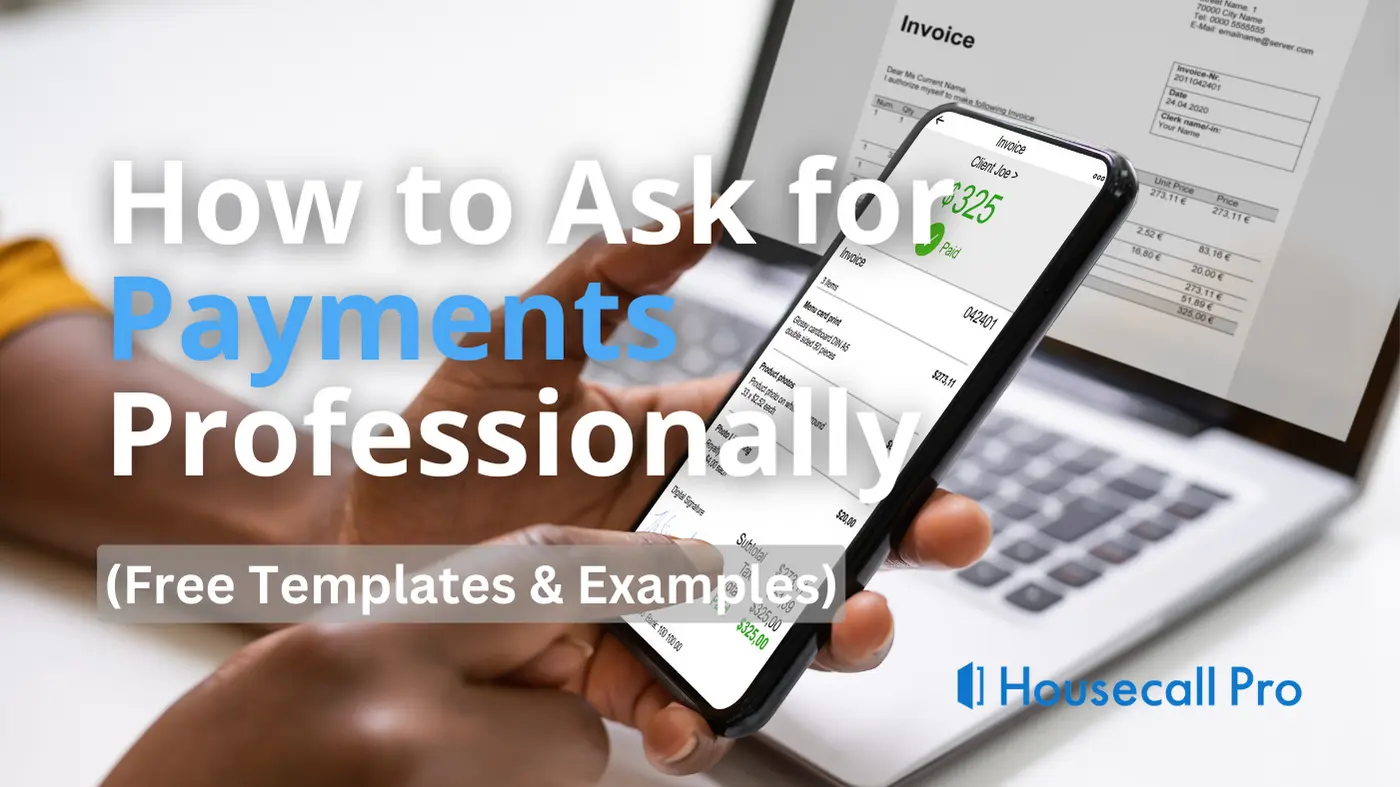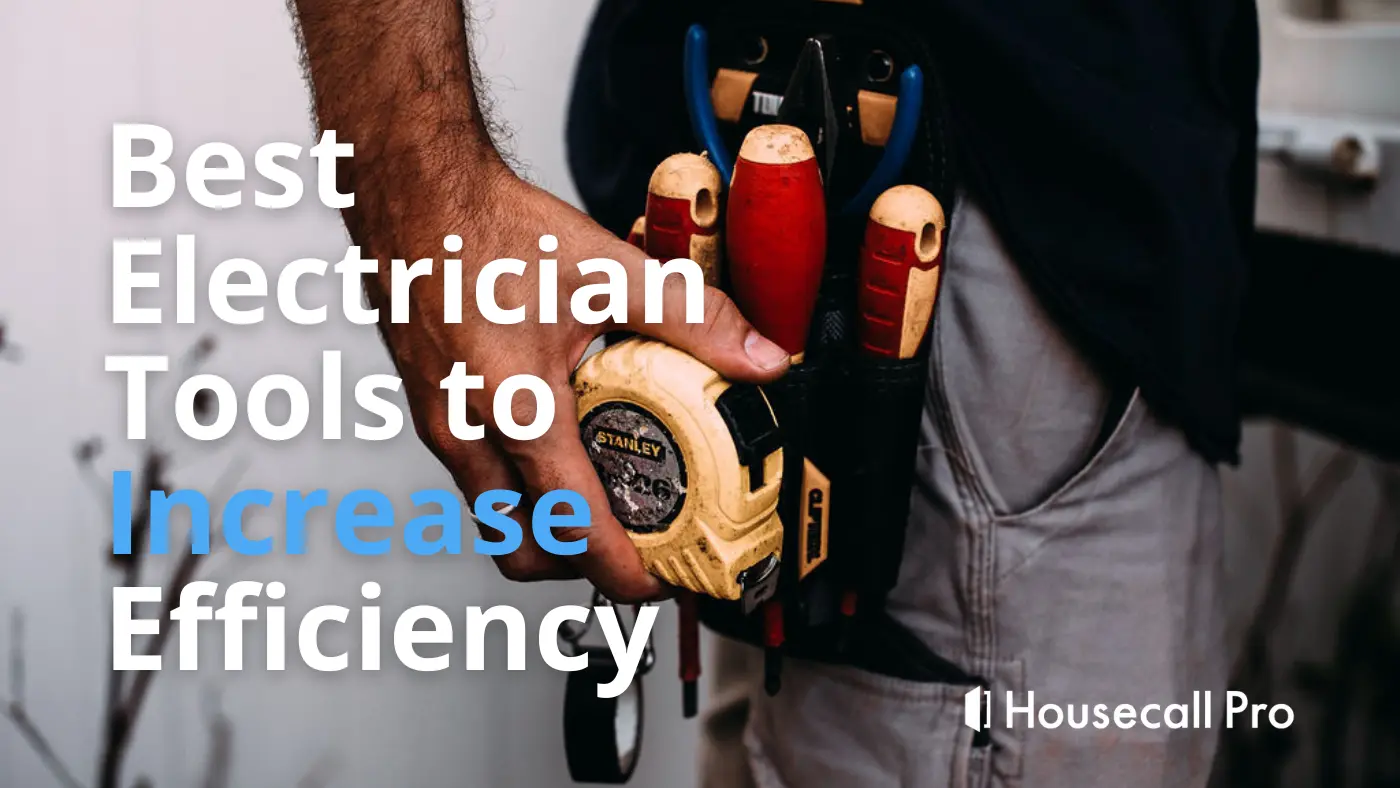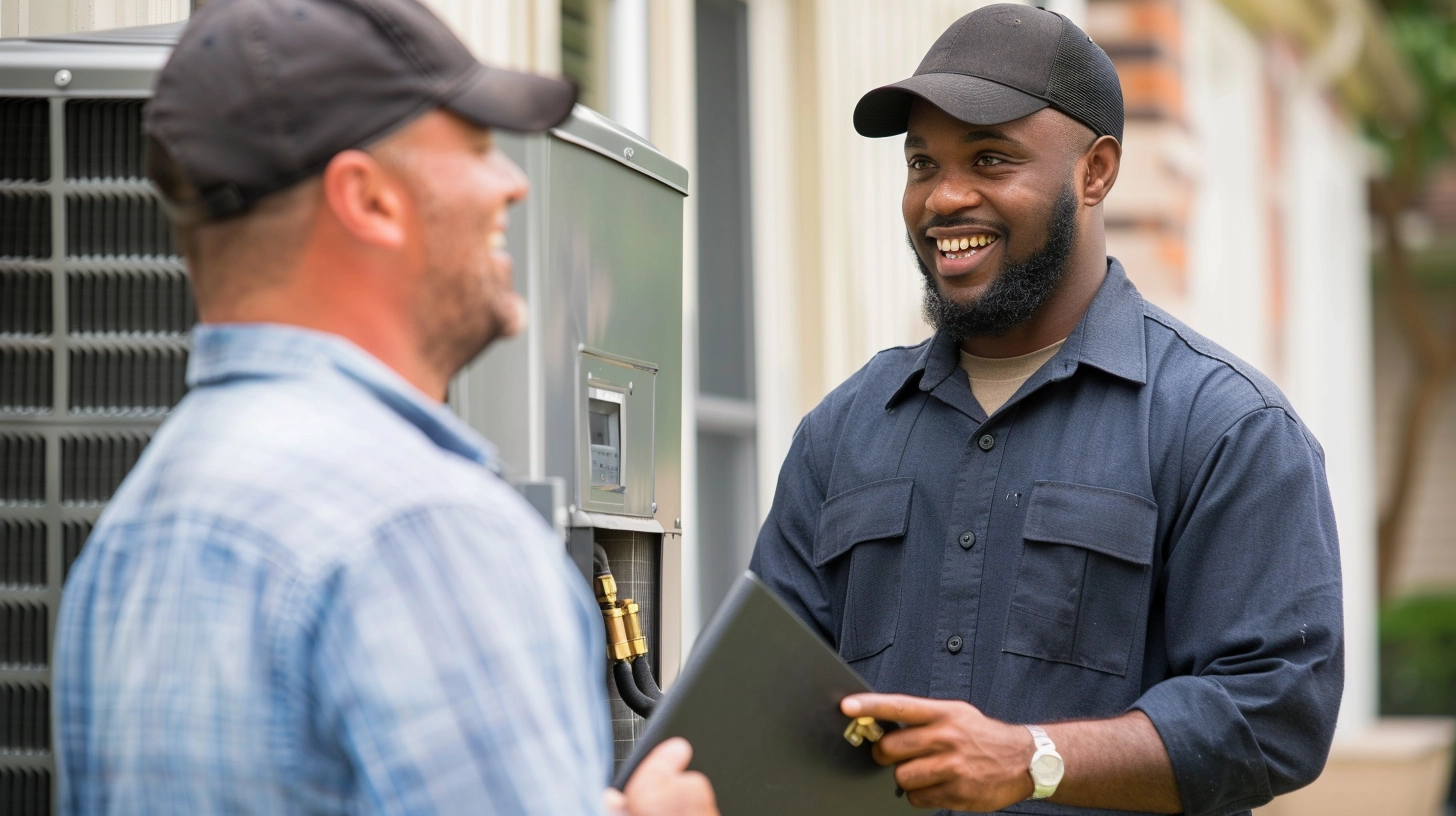
When you’re a small services company it’s not easy to put money into advertising. You want to grow, but you need that money to pay the bills. So how do you get customers on a shoestring budget?
You get creative. Here are some tactics to get free exposure for your home service business.
Ways you can leads for free:
Join local Facebook groups
Look for active local Facebook groups. Just search the names of cities, towns or neighborhoods in your service area. If you have trouble finding one, ask your customers what groups they use. In these local groups people will ask for their neighbors’ recommendations, and your service is sure to come up. Be available to answer there questions and offer to help.
Create a Facebook group
If you’re not satisfied with the choices of local Facebook Groups, why not create your own? I’ve seen several businesses do this successfully. It could be a general discussion page, or one specific to homeowners and home service providers. When you provide the place for recommendations and connection, you become a valuable member of the community.
Join Nextdoor
Nextdoor is a social network for neighbors. Many Pros have reported getting work through Nextdoor. Members can recommend local businesses, and ask for recommendations from their neighbors. I recommend setting up both a personal and a Business account. The Business account is not neighborhood specific, so you can see your recommendations across your local area. Your personal account will allow you to proactively post or reach out to neighbors who ask questions.
Cross-promote
Connect with other businesses who serve your customers, and cross-promote each other’s business. Send out an email or postcard promotion, or pass out business cards to customers. By giving your customers a recommendation for another trustworthy service provider, they’ll trust you even more..
Of all the social networks, Instagram makes it easiest for a business to build a network and reach new customers. Post quality content with local hashtags, and watch as the likes and follows trickle in. Or seek out and follow your potential customers to like and comment on their posts. Build that relationship before they’re ready to buy.
Better yet, use Gary Vaynerchuk’s $1.80 Instagram Strategy. Choose 10 hashtags your customers are following, and leave a thoughtful comment on the 9 Top Posts each day. In this way, you’ll build connections with influencers, and you’ll also be seen by your customers when they view and comment on those posts.
Create a local resource
One huge source of untapped potential is what I call the local resource. For one company, I created a list of the Top 30 local plumbers. For you, it might be a guide to good fishing spots, best coffee shops or 10 local people you should know. The key is to provide valuable insight into something that your customers care about. Post it on your website or blog, then share it with your friends, neighbors, and customers.
Interview with local media
A lot of business owners think of media coverage as getting lucky. In reality it’s much more straightforward than that. Your local newspaper, radio or TV station needs to fill space and airtime. They’re hungry for interesting, local stories.
However, just because they’re hungry doesn’t mean they will come to you looking for the story. By doing a little work up front, you can provide them with a story that writes itself. Whether you’re new in town or the old guard, booming or struggling, give local journalists a story that will catch their imagination. Reach out to your local paper today and offer to be interviewed. You might be surprised at their response.
Your customer email list
Last but not least, you’ve got your current customers. They already know you, and (if you’re doing your job right) they love what you do. All you need to do is give them an excuse to talk about you. If you’re a Housecall Pro user, you can sync your customer database to your email marketing software with Zapier, and start by asking for a review.
If you want to reach a specific group of people, ask them for referrals to that group. “Do you know any real estate agents who I should talk to?” tells the customer who you’re looking for, and helps to bring those people up in their head.
These are only a few of the many options available to your home service business. Marketing doesn’t always require big budgets and complicated systems; sometimes it’s as simple as asking your customers for help.





